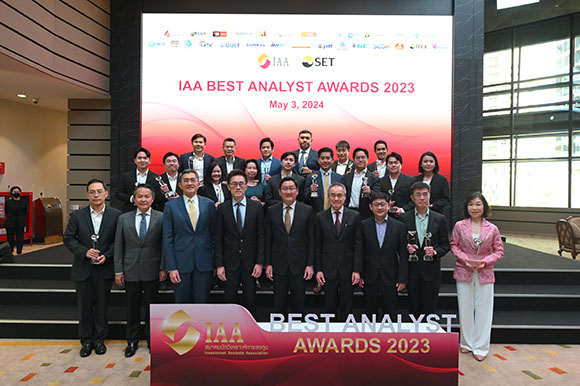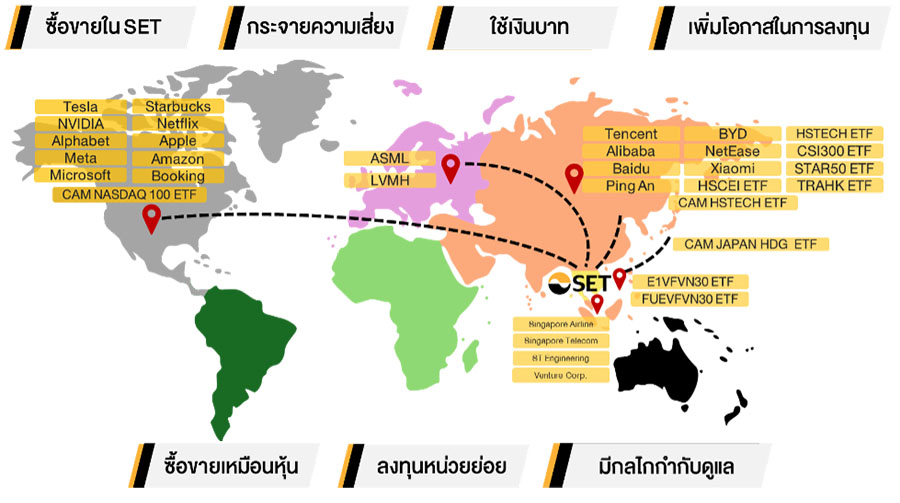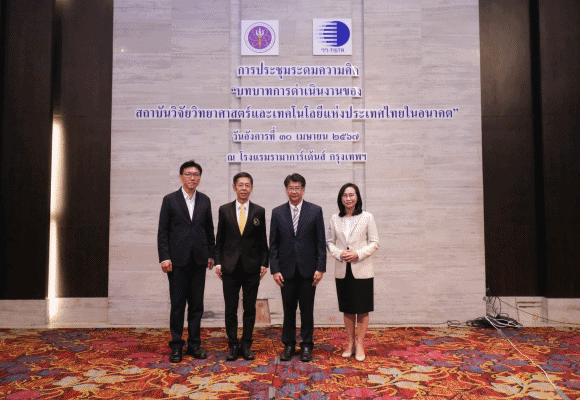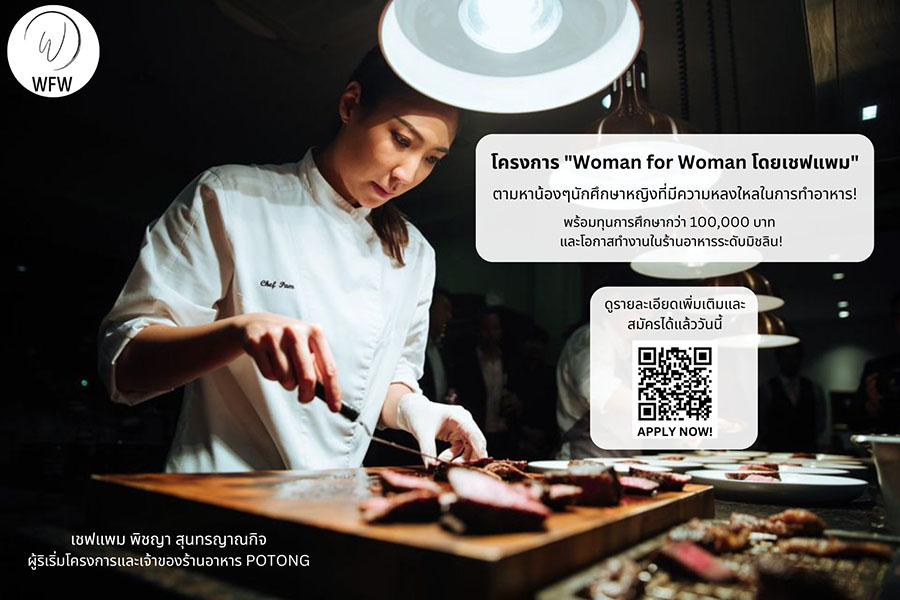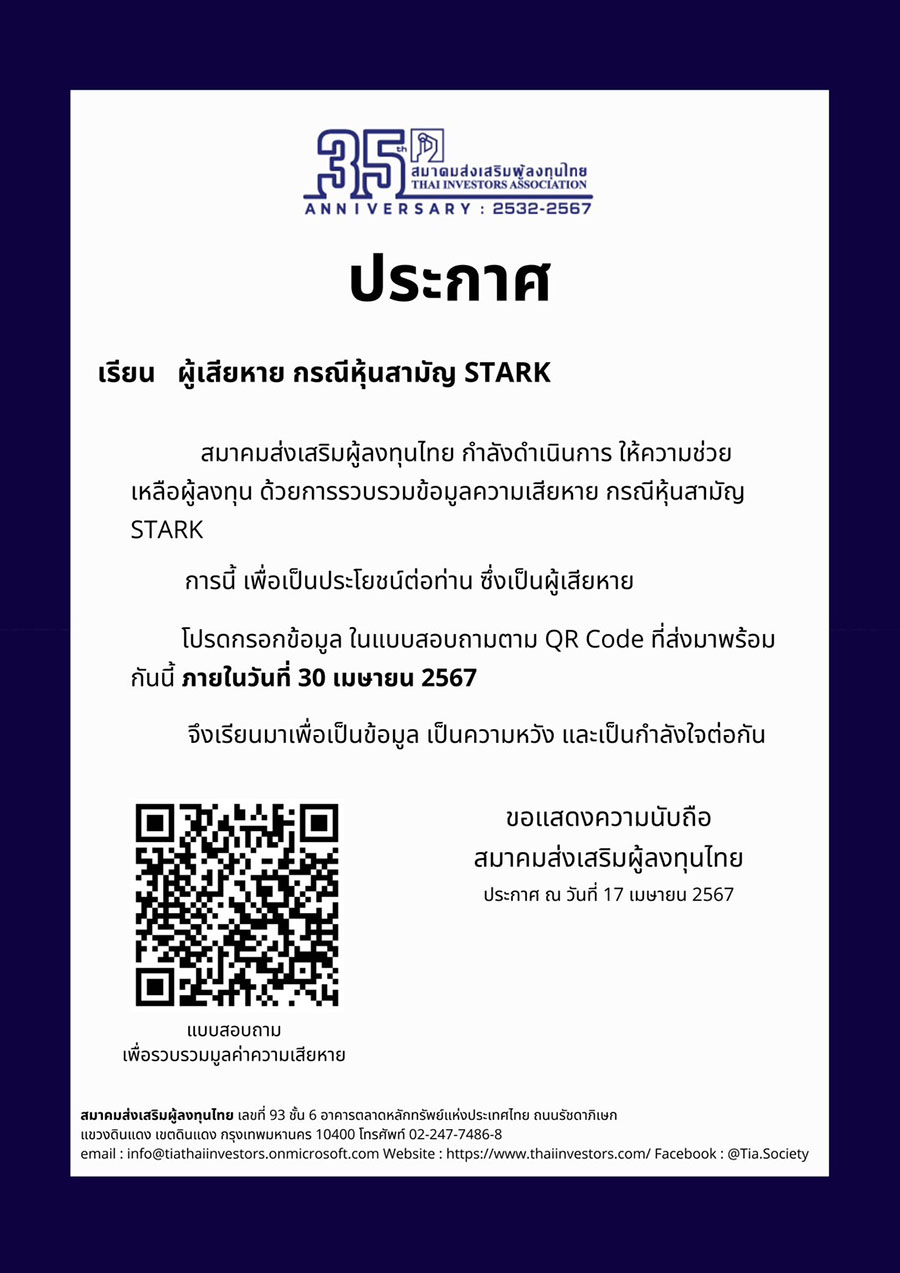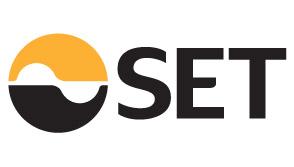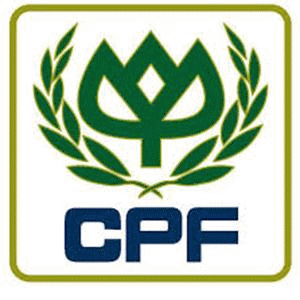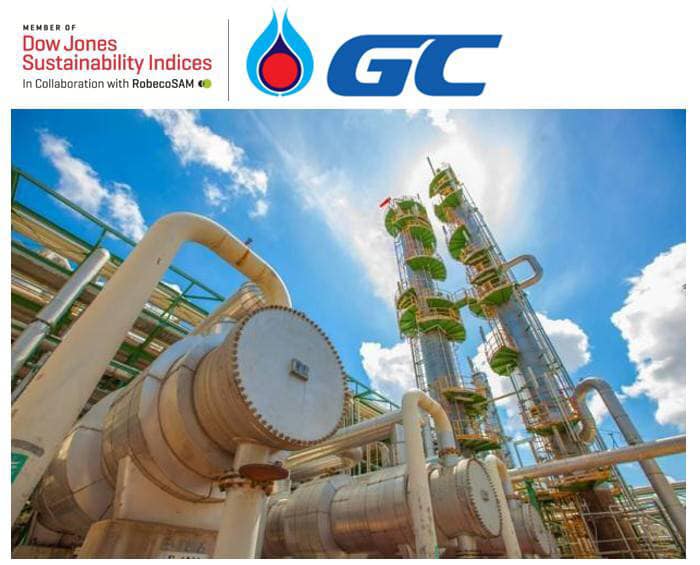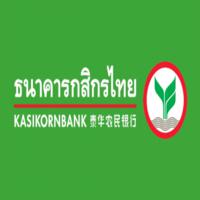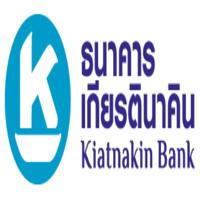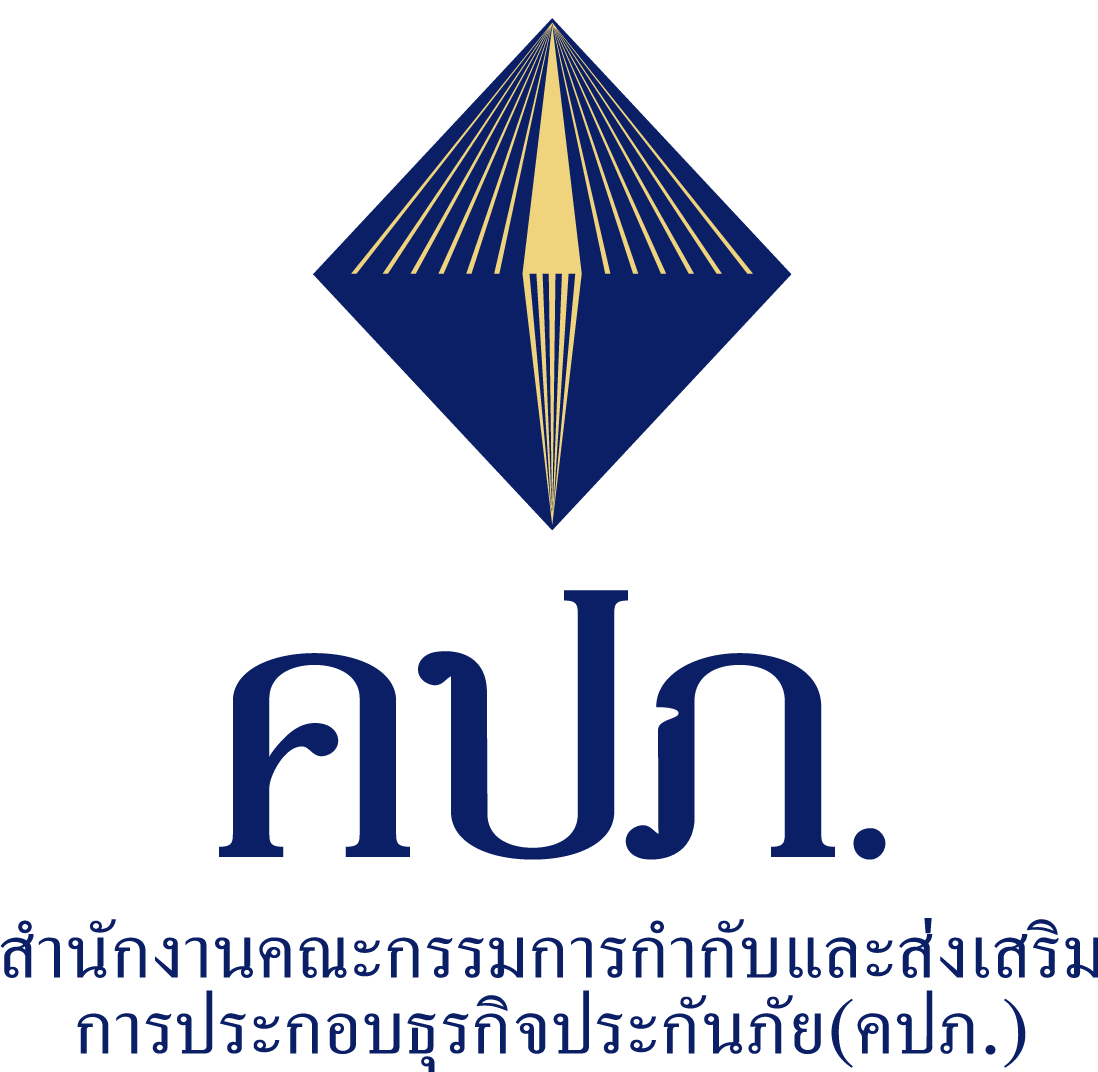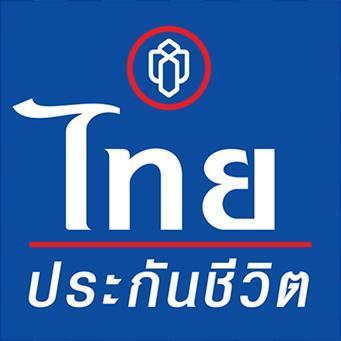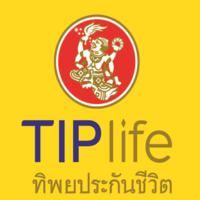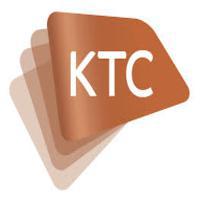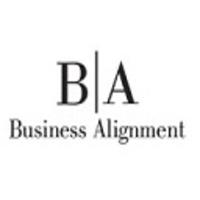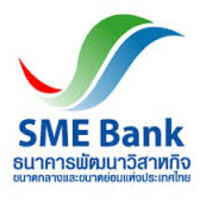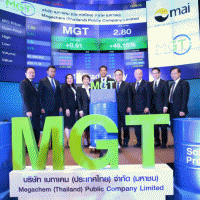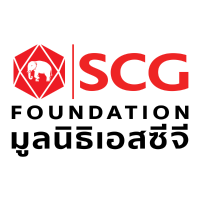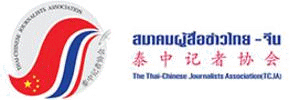- Details
- Category: กรมสรรพสามิต
- Published: Sunday, 01 October 2017 00:19
- Hits: 22953
 ฟิทช์ : โครงสร้างภาษีสรรพสามิตใหม่ส่งผลกระทบต่อธุรกิจเบียร์มากกว่าสุรา
ฟิทช์ : โครงสร้างภาษีสรรพสามิตใหม่ส่งผลกระทบต่อธุรกิจเบียร์มากกว่าสุรา
ฟิทช์ เรทติ้งส์ - กรุงเทพฯ - 25 กันยายน 2560: บริษัท ฟิทช์ เรทติ้งส์ กล่าวว่า ภาษีสรรพสามิตใหม่ของไทยน่าจะส่งผลกระทบต่อผู้ผลิตเบียร์ในประเทศมากกว่าผู้ผลิตสุรา เนื่องจากตลาดเบียร์มีการแข่งขันที่สูงกว่าและความต้องการซื้อของผู้บริโภคมีความอ่อนไหวต่อราคาค่อนข้างสูง นอกจากนี้ ผู้ผลิตเครื่องดื่มไม่มีแอลกอฮอล์ก็น่าจะได้รับผลกระทบจากการจัดเก็บภาษีบนปริมาณน้ำตาลเป็นครั้งแรกเช่นกัน
ฟิทช์ คาดว่าผู้ผลิตเบียร์ในประเทศจะได้รับแรงกดดันจากภาระภาษีที่สูงขึ้นจากโครงสร้างภาษีใหม่ เนื่องจากความสามารถในการส่งต่อต้นทุนภาษีที่สูงขึ้นไปยังผู้บริโภคและรักษาระดับอัตรากำไรไว้นั้น ขึ้นอยู่กับมูลค่าภาษีที่เพิ่มขึ้นและกำลังซื้อของผู้บริโภคว่าจะสามารถรองรับระดับราคาที่ปรับขึ้นได้มากน้อยเพียงใด นอกจากระดับราคาแล้ว อุปสงค์ของเบียร์ยังมีความอ่อนไหวต่อภาวะเศรษฐกิจและเทศกาลรื่นเริงในประเทศ ปริมาณการซื้อขายเบียร์ของไทยมีความผันผวนค่อนข้างมากในช่วงสิบปีที่ผ่านมา – ลดลงร้อยละ 9 ในปี 2552 จากการชุมนุมทางการเมืองและการปรับขึ้นภาษีสรรพสามิต ลดลงร้อยละ 14 ในปี 2554 จากเหตุการณ์น้ำท่วม ลดลงร้อยละ 5 ในปี 2556 หลังจากการปรับโครงสร้างภาษีสรรพสามิต โดยอ้างอิงตัวเลขจากสำนักงานเศรษฐกิจอุตสาหกรรม
ฟิทช์ มองว่าโครงสร้างภาษีใหม่น่าจะส่งผลกระทบต่อปริมาณการขายของผู้ผลิตสุราภายในประเทศไม่มากนัก แม้ว่าสุราจะมีภาระภาษีส่วนเพิ่มสูงขึ้นตามปริมาณแอลกอฮอล์ที่สูงเมื่อเทียบกับเครื่องดื่มแอลกอฮอล์ชนิดอื่น ตลาดสุราในประเทศไทยมีผู้ผลิตน้อยร้าย โดยผู้ผลิตรายใหญ่ที่สุดคือ บริษัท ไทยเบฟเวอเรจ จำกัด (มหาชน) (อันดับเครดิต BBB / AA+(tha) / แนวโน้มเครดิตมีเสถียรภาพ) มีส่วนแบ่งตลาดร้อยละ 90 โดยวัดจากปริมาณการขาย
การแข่งขันในตลาดที่มีอยู่อย่างจำกัดประกอบกับความยืดหยุ่นต่อราคาที่ค่อนข้างต่ำของอุปสงค์สุราที่ผลิตในประเทศ น่าจะเป็นปัจจัยสนับสนุนผลการดำเนินงานของผู้ผลิตสุราในประเทศในช่วงสามถึงสี่ปีข้างหน้า นอกจากนี้ ผู้ผลิตที่มีการจำหน่ายสินค้าที่หลากหลาย ในแง่ของระดับแอลกอฮอล์หรือระดับราคา สามารถเสนอตัวเลือกให้แก่ผู้บริโภคในการปรับเปลี่ยนการบริโภคสุราให้ตรงกับกำลังซื้อในแต่ละช่วงเวลา
ปริมาณการซื้อขายสุรา โดยแสดงจากปริมาณการขายสุราของผู้ผลิตรายใหญ่ในประเทศ ค่อนข้างมีเสถียรภาพในช่วงสิบปีที่ผ่านมา แม้จะมีการปรับขึ้นภาษีสรรพสามิตหลายครั้ง โดยมีอัตราการเติบโตเฉลี่ยสะสมประมาณร้อยละ 2 ต่อปี ในช่วงปี 2549-2559 ทั้งนี้ ในขณะที่รายได้สุทธิ (หลังหักภาษีสรรพสามิต) จากการจำหน่ายสุราในรอบสิบปีดังกล่าว มีอัตราการเติบโตเฉลี่ยสะสมที่สูงกว่า อยู่ที่ร้อยละ 6 ต่อปี สะท้อนให้เห็นถึงความสามารถในการปรับขึ้นราคาโดยไม่ส่งผลกระทบต่อปริมาณการขาย
ลักษณะของตลาดเครื่องดื่มไม่มีแอลกอฮอล์ที่มีสินค้าหลากหลายชนิด มีสินค้าที่ทดแทนกันได้จำนวนมาก และมีการแข่งขันที่สูง จำกัดความสามารถของผู้ผลิตในการส่งต่อต้นทุนที่เพิ่มขึ้นไปยังผู้บริโภค ซึ่งเป็นเหตุให้ผู้ผลิตเหล่านี้น่าจะได้รับผลกระทบจากภาระภาษีที่สูงขึ้นค่อนข้างมากเมื่อรัฐบาลจัดเก็บภาษีเครื่องดื่มแบบเต็มรูปแบบ ซึ่งน่าจะเป็นช่วงปลายปี 2562 อย่างไรก็ตาม ในช่วงระยะเวลาสองปีที่รัฐบาลผ่อนปรนการเก็บภาษี ผู้ผลิตสามารถที่จะหาวิธีลดภาระภาษีได้ โดยการปฏิบัติตามนโยบายของรัฐบาลที่จะลดปริมาณน้ำตาลในเครื่องดื่ม หรืออาจใช้สิ่งให้ความหวานแทนน้ำตาล โดยวิธีการเหล่านี้จะส่งผลให้ผู้ผลิตมีค่าใช้จ่ายในการพัฒนาสินค้าและค่าใช้จ่ายทางการตลาดเพิ่มสูงขึ้น ซึ่งอาจจะส่งผลกระทบต่ออัตรากำไรของธุรกิจได้
ติดต่อ
ณิชยา สีมานนทปริญญา
Associate Director
+662 108 0161
บริษัท ฟิทช์ เรทติ้งส์ (ประเทศไทย) จำกัด
ชั้น 17, อาคารปาร์คเวนเชอร์, เลขที่ 57 ถนนวิทยุ, แขวงลุมพินี, เขตปทุมวัน
กรุงเทพฯ 10330
สมฤดี ไชยวรรัตน์
Director
+662 108 0160
Fitch: Thailand's New Beverage Excise Tax to Hit Beer Harder
Fitch Ratings-Bangkok-25 September 2017: Thailand's new Excise Tax Act will have a greater impact on local beer producers than domestic spirits producers as the beer market is more competitive and demand is sensitive to prices, says Fitch Ratings. The producers of non-alcoholic beverages will also be hit by the imposition of a first-time tax on sugar content in drinks.
Fitch expects some pressure on beer producers as their ability to pass on the increasing tax cost to consumers and maintain their profit margins largely depend on the magnitude of the tax increase and consumers' purchasing power to absorb higher prices. Other than prices, beer demand is also sensitive to economic conditions and the festive mood in the country. Domestic beer sales volume has been volatile over the past 10 years - a drop of 9% in 2009 amid political protests and an excise tax increase, a 14% decline in 2011 due to severe flooding, and a 5% fall in 2013 after a restructuring of the excise tax, according to figures from the Office of Industrial Economics.
Local spirits producers are likely to experience a minimal impact on sales from the new tax structure, despite a higher incremental tax due to the higher alcohol content of spirits. Thailand's local spirits market has few players, with the largest, Thai Beverage Public Company Limited (BBB/AA+(tha)/Stable), occupying a 90% market share by sales volume. Limited competition together with inelastic demand for spirits should support the operating performance of spirits producers over the medium term. Producers with a wide range of products in terms of alcohol content or price would be able to provide customers with a variety to match their purchasing power.
Spirits sales volume, represented by the sales volume of the dominant player, has been fairly stable, despite several tax rises, with a CAGR of 2% per annum over 2006-2016. The 10-year CAGR of net revenue (excluding excise tax) from spirits has been higher, 6% a year over the same period, reflecting producer ability to raise prices without hurting demand.
The non-alcoholic beverage market's high degree of product variety, product substitution, and competition limit producers' ability to pass on cost increases to consumers. The impact of the additional levy on those producers should be high once the tax scheme is fully implemented, likely in late-2019. However, during the two-year grace period, producers could minimise the tax-cost increase by complying with the government's policy to reduce the sugar content of the drinks or use sugar substitutes. These could incur product development and marketing costs that would burden expenses and pressure margins.
Contact:
Nichaya Seamanontaprinya
Associate Director
+66 2108 0161
Fitch Ratings (Thailand) Limited
Level 17, Park Ventures, 57 Wireless Road, Lumpini, Patumwan,
Bangkok 10330
Somruedee Chaiworarat
Director
+66 2108 0160






